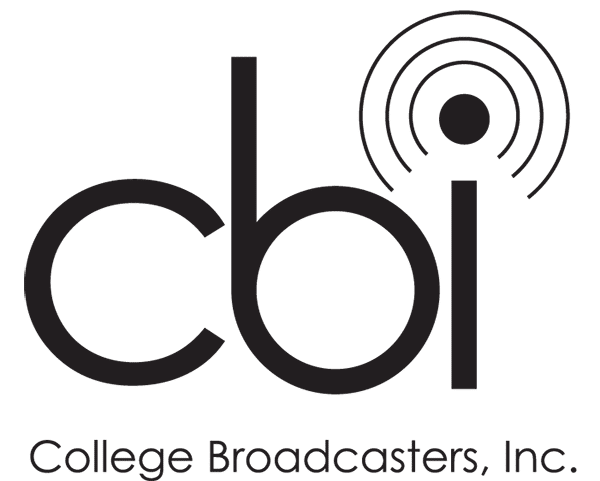June 12, 2014
Spotlight: North Carolina State University’s WKNC
Special thanks to General Manager John Kovalchik for answering the questions!
[fusion_builder_container hundred_percent=”yes” overflow=”visible”][fusion_builder_row][fusion_builder_column type=”1_1″ background_position=”left top” background_color=”” border_size=”” border_color=”” border_style=”solid” spacing=”yes” background_image=”” background_repeat=”no-repeat” padding=”” margin_top=”0px” margin_bottom=”0px” class=”” id=”” animation_type=”” animation_speed=”0.3″ animation_direction=”left” hide_on_mobile=”no” center_content=”no” min_height=”none”]
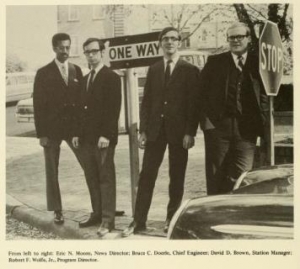
WKNC’s 1968-1969 executive staff ran two radio stations. After moving from 580 AM to its current home at 88.1 FM in 1966, N.C. state launched WPAK-AM in 1968-1969 as a carrier current AM station to serve those students still without FM radios. Photo from 1969 Agromeck.
Tell me a little history about your station and where your station is now?
N.C. State student radio dates back to Aug. 31, 1922, when WLAC at North Carolina State College became the first radio station in eastern North Carolina and the second to be licensed in the entire state. The 2,000 watt AM station was founded by students and faculty of the communications department with a studio in Winston Hall. Since then much has changed, including call letters. In October 2003, WKNC began broadcasting at 25,000 watts. We currently entirely student run, with one full-time adviser and are actively involved in the triangle community (Raleigh, Durham, Chapel Hill) and music scene broadcasting in block formatting including indie rock (the largest), hip-hop, electronic, and metal.
What sets your station apart from other college radio stations?
Our emphasis on local music. Every weekday from noon ’til 1 p.m. we have a program called “The Local Lunch” where we play exclusively North Carolina artists. Each Thursday we sponsor and help organize a concert series in downtown Raleigh showcasing local music and local breweries called “Local Band, Local Beer.” Our semi-regular outdoor on campus concert series “Fridays on the Lawn” features mainly local musicians. On Friday afternoons we have a two-hour local music talk show called “Carolina Grown.”
Why did you choose to work at the radio station?
We didn’t choose to work in radio, it chose us.
[/fusion_builder_column][fusion_builder_column type=”1_1″ background_position=”left top” background_color=”” border_size=”” border_color=”” border_style=”solid” spacing=”yes” background_image=”” background_repeat=”no-repeat” padding=”” margin_top=”0px” margin_bottom=”0px” class=”” id=”” animation_type=”” animation_speed=”0.3″ animation_direction=”left” hide_on_mobile=”no” center_content=”no” min_height=”none”]
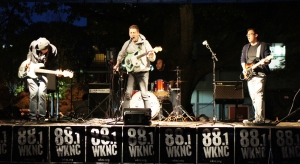
Raleigh band Ghostt Bllonde performs for WKNC’s Fridays on the Lawn on-campus concert series on Nov. 8, 2013. Started in 2009, the series is a partnership between the student radio station, Union Activities Board and Inter-Residence Council.
What’s the craziest thing you’ve ever done for your station?
Facing a tight budget, our annual fundraising two-night concert had to be beefed up to a much grander scale than ever before. We had to make the jump from the safety of a humble 250-capacity rock club to 750-capacity venues, filling out a bill with big names like The Love Language and Mount Moriah to match. The community supported us and came out in full force, making our extreme gamble pay off.
What’s the best part of college radio? And the hardest part?
The best part about college radio (the way we do it) is how integrated it is with the local music community. You have the opportunity to meet and befriend all kinds of really interesting and influential people that are doing really cool things, and you might even get to be in a few music videos! The local music scene in the Triangle has a lot of talent and passion to share whether you’re talking to a guitarist for an indie rock band or an underground hip-hop DJ, and it’s a really neat community to contribute to.
[/fusion_builder_column][fusion_builder_column type=”1_1″ background_position=”left top” background_color=”” border_size=”” border_color=”” border_style=”solid” spacing=”yes” background_image=”” background_repeat=”no-repeat” padding=”” margin_top=”0px” margin_bottom=”0px” class=”” id=”” animation_type=”” animation_speed=”0.3″ animation_direction=”left” hide_on_mobile=”no” center_content=”no” min_height=”none”]
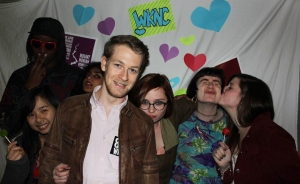
WKNC’s Double Barrel Benefit 11 fell on Valentine’s Day, so the group celebrated the occasion with a photo booth.
The hardest part? Money. As colleges across the country tighten their budgets, student radio seems to be quick to the chopping block. While WKNC receives a very low portion of student fees every year, we have to work hard for the rest of our budget, earning it through things like donor announcements and our annual benefit concert. Unfortunately, other college stations aren’t so lucky, and more and more are being sold, partitioned, or just plain shut down. College radio has played a big role in music history, and we must continue to show our support and our strength if we want to show our universities that we’re worth keeping on the airwaves.[/fusion_builder_column][/fusion_builder_row][/fusion_builder_container]


